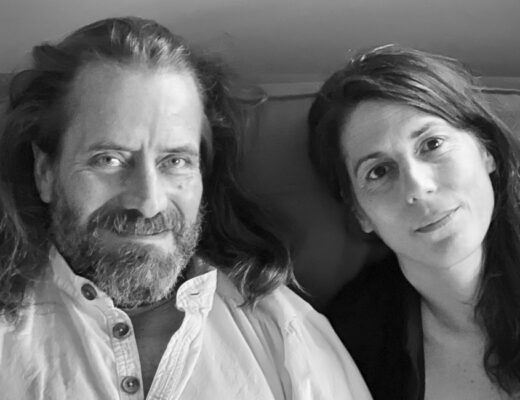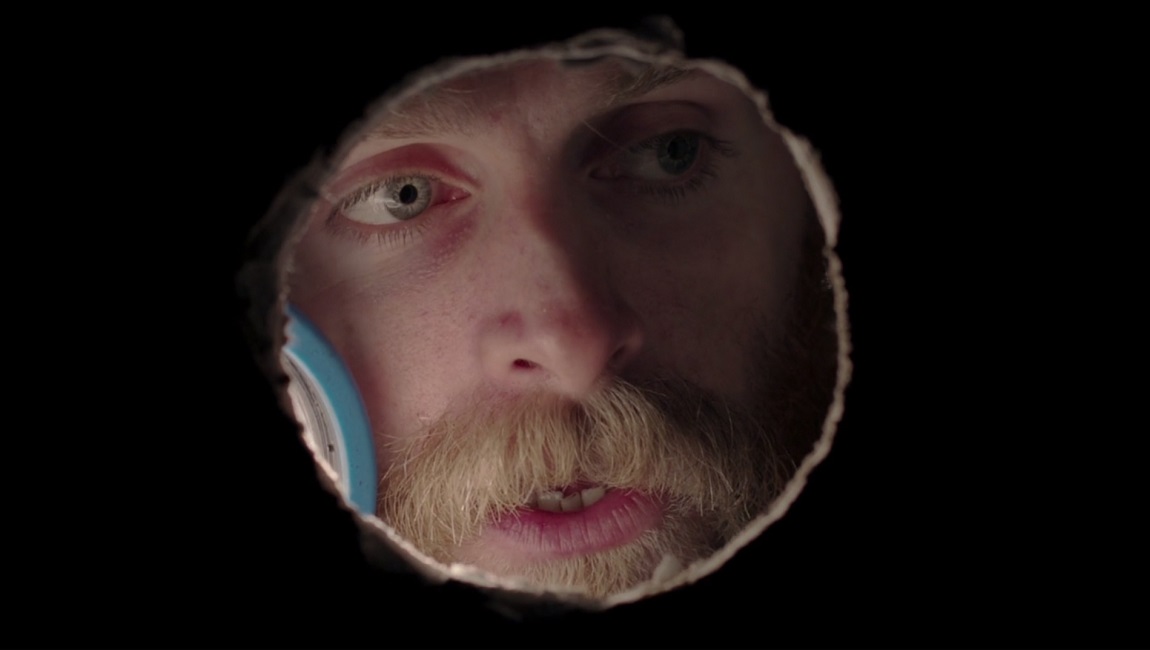Miyamoto hopes to manifest the power of a pendulum hanging over one’s head — swaying, seeking a point of equilibrium. That pendulum is morality: At the core of director Tetsuya Mariko’s adaptation (there’s already been a Miyamoto manga and TV series) is a rape, but from this act arises an attempt to qualify a reactionary effect rooted in patriarchal gazes [??]. In the film, Miyamoto (Sosuke Ikematsu) drunkenly rages through a series of fetishized toxic displays after his partner, Yasuko (a wholly determined Yū Aoi), is raped. The rape itself becomes an act that Miyamoto takes as a personal attack — an emasculation that can only properly be righted through performative, self-aggrandizing physicality. Which is to say that the core of this film is actually a man’s ego. Mariko furthers this impression through the way he aestheticizes the scenes of Miyamoto being violent, leaving us with a film that’s formal ‘gaze’ is essentially of-a-piece with the patriarchal perspective it seems to be trying to critique. We see this in the rape scene as well: Mariko cuts constantly between a blacked-out Miyamoto and a pinned-down Yasuko — as if their experiences justified parallel representation. Miyamoto’s agency is already being established here, through the inability to defend Yasuko becoming an equally (if not more so) weighted event of trauma to Yasuko’s rape.
Problematic as that set-up is, I feel that it’s worth reflecting on the lack of disgust I felt while watching Miyamoto’s vengeance play-out on screen; when, at one point, a predator is castrated, I indeed felt a charge of satisfaction toward the act. It becomes clear, also, that Mariko means to exploit that emotion, particularly as bred by toxic masculinity. One way that this is conveyed is through the utter futility of Miyamoto’s violence, which serves as tacit recognition of the immorality of the form of entitlement that’s being exercised through his acts. Miyamoto finally leaves its central couple at a point of agreeable resolution for their relationship, which recalls a sentiment that’s expressed at the beginning of the film: “the balance between happiness and unhappiness is remarkable.” Mariko is clearly attempting to find this balance — to swing the pendulum in the right direction at the right time, ruminating on the implications of objectified and reappropriated trauma while also suggesting that a certain kind of ‘romanticism’ can be arrived at by following a messy path to redemption. But this film never reconciles the convolution of those twinned stances, and as such it never convincingly gets inside its own trauma.
Published as part of NYAFF 2020 — Dispatch 4.







